Culture
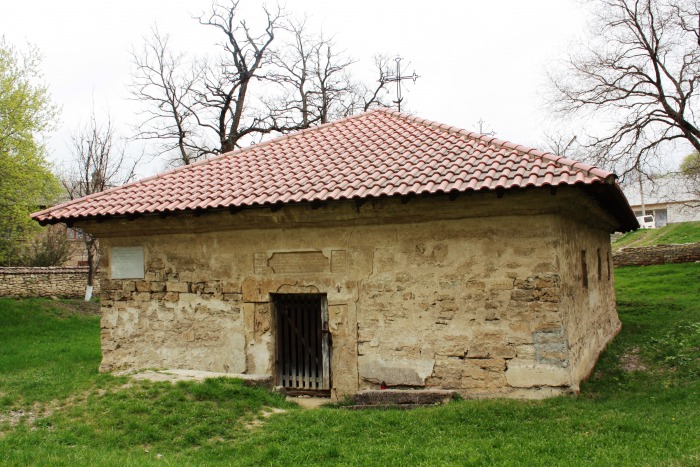
“Adormirea Maicii Domnului” Church in Causeni
Unique architectural monument in the eastern Carpathian space, the “Adormirea Maicii Domnului” Church in Causeni is built at the turn of the seventeenth and eighteenth centuries. This church is amazing and provides an optical illusion: although it looks small on the outside, the interior surprises with the generosity of its space. The church is located below ground level (being “semi-buried”), as Causeni…
Event details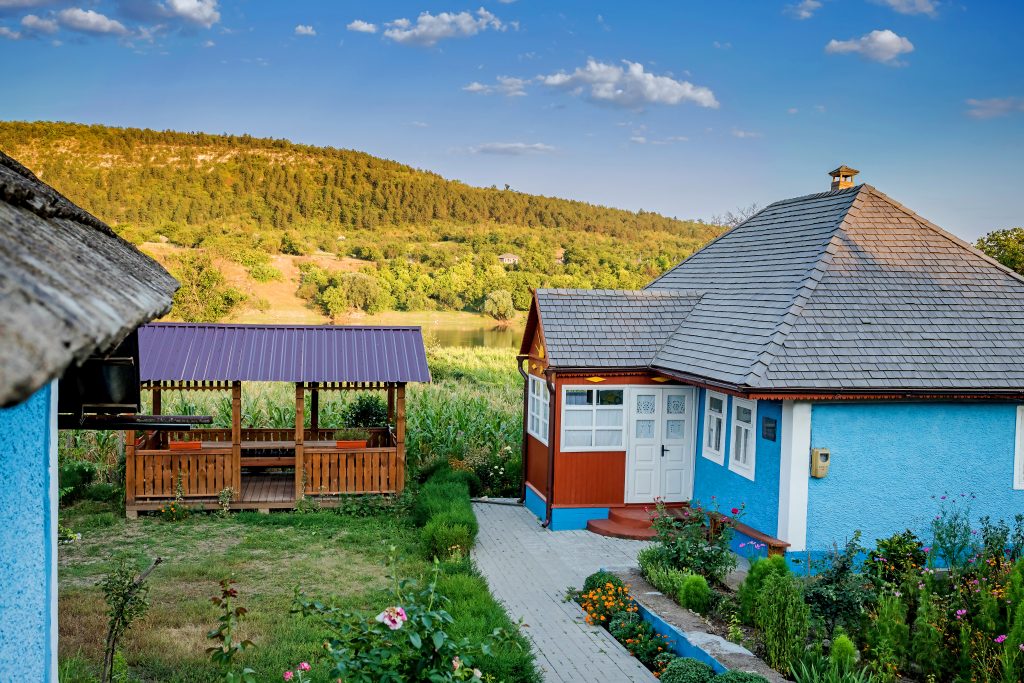
Dumitru Matcovschi’s House-Museum
In Vadul-Rascov village one could find the House – Museum of the poet and playwright Dumitru Matcovschi. The Author created more than 50 volumes of poetry, prose and theatre plays. The house-museum preserves the authentic architecture alongside with the household that has always been known as a well-groomed one. The Dniester River runs next to the garden of the House-Museum, which creates…
Event details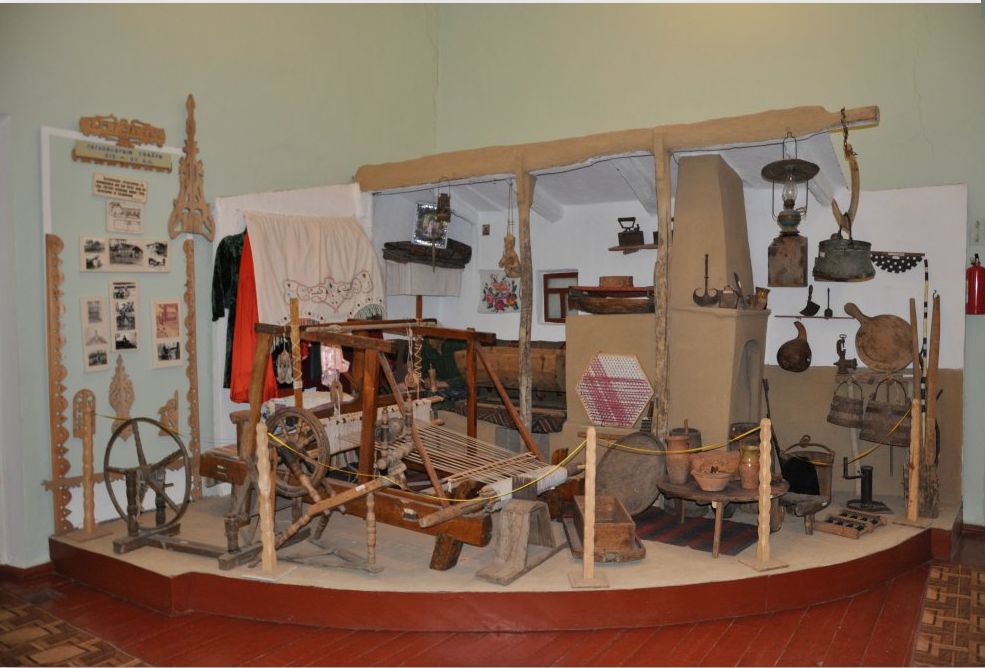
Gagauz National Museum of History and Ethnography
The Gagauz National Museum of History and Ethnography presents unique exhibits of Gagauz national costume, traditional women’s jewelry, work tools, household items and ethnography of Gagauz peasants from the 19th century. You will also learn about the traditions and customs of the Gagauz people and get acquainted with their wedding customs. In fact, the Gagauz are the only Christian Orthodox people of…
Event details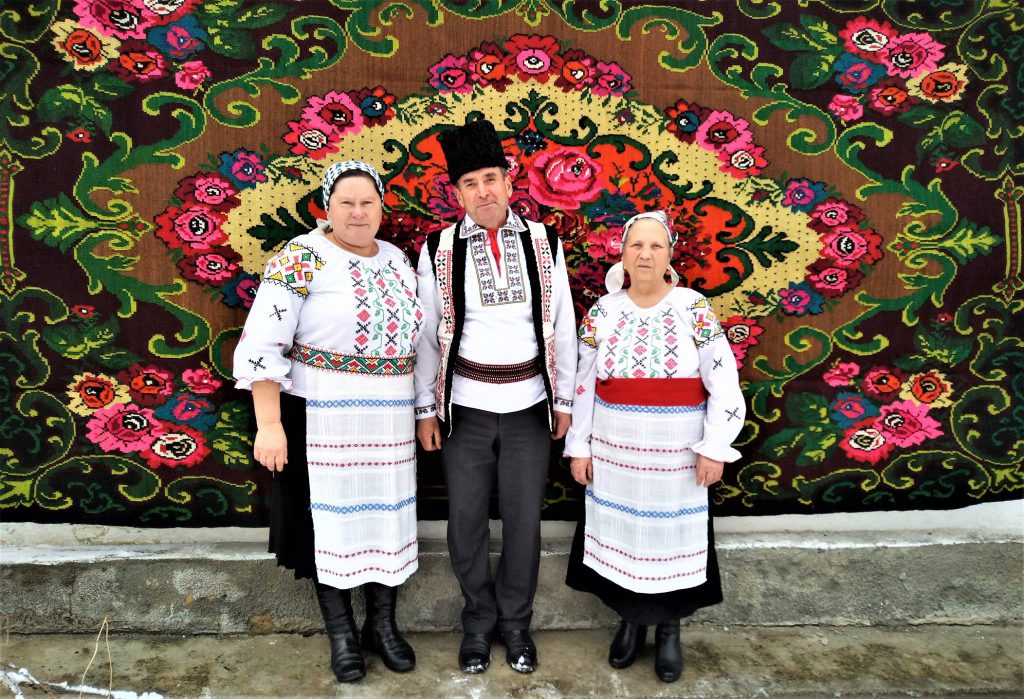
The Museum of Ethnography and History in Ciuciuleni
The Ciuciuleni Museum of History and Ethnography exhibits authentic objects from the 16th and 17th centuries. XII-XIX, most of them being gathered even by the locals. The museum has 12 rooms where you can find collections of traditional crafts, tools and military and religious objects. The museum offers you an extra opportunity to get acquainted with the rich Moldovan traditions.”
Event details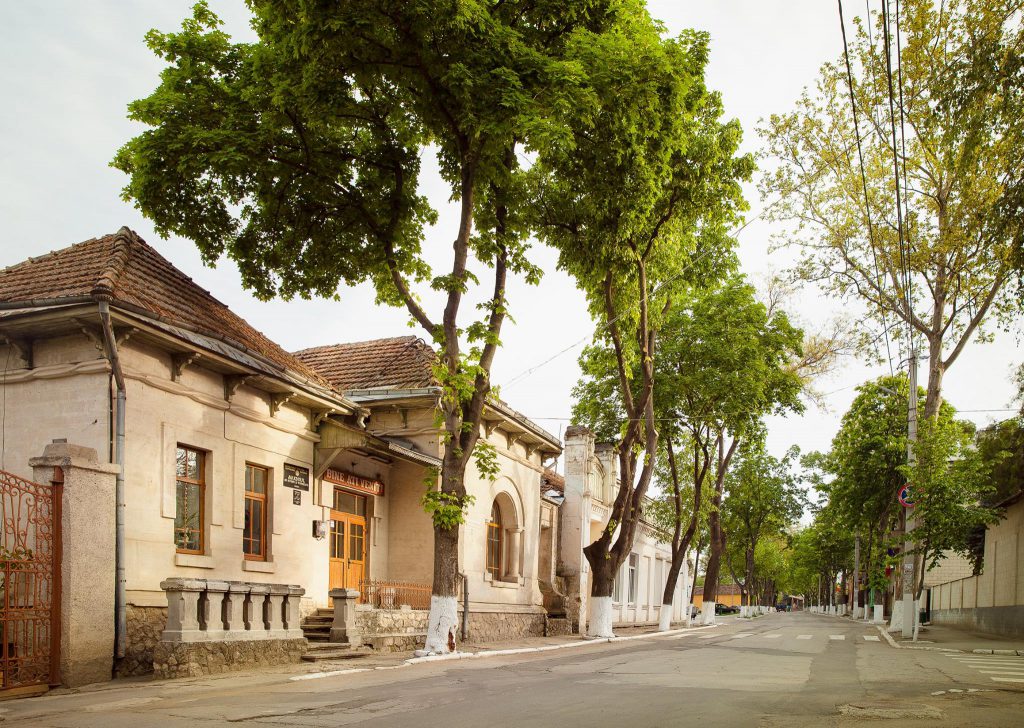
Orhei Museum of History and Ethnography
The Museum of History and Ethnography in the city of Orhei was established in February 1969 and has the status of a National Significance 20th century historical and architectural landmark. One of the most famous exhibitions of the museum consists of an inscription indicating the number of Bessarabians participating in the war and those killed in combat. You can also see weapons…
Event details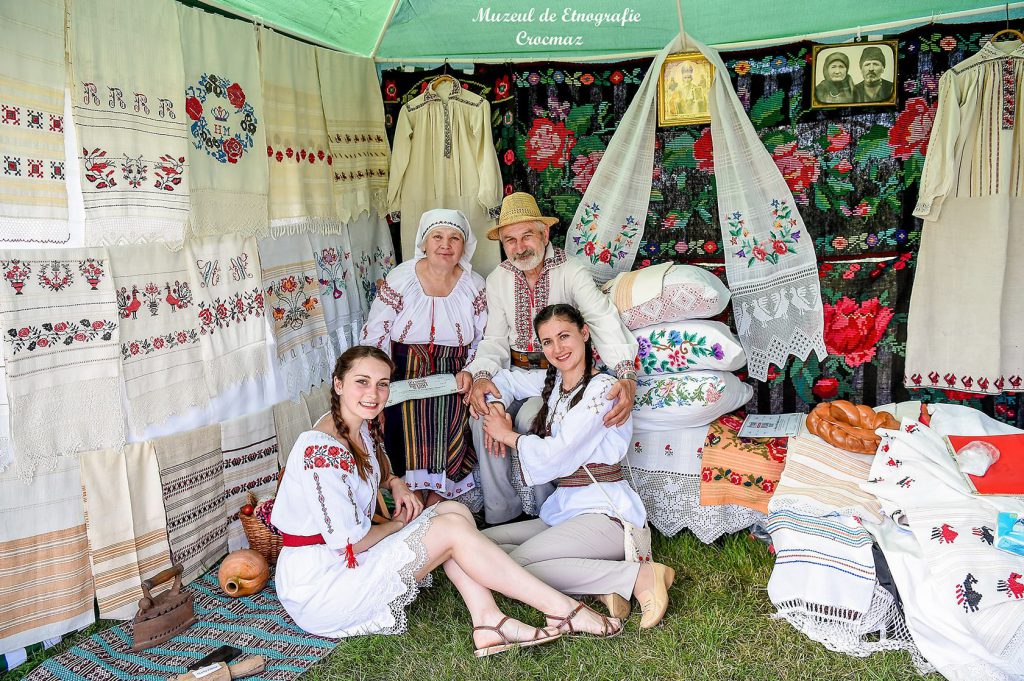
Museum of History and Ethnography
Founded in 1986, with objects of historical interest, first donated by the family and neighbors of the founders, then by students and villagers, the Ethnography Museum in Crocmaz village, Stefan Voda district, has become a true cultural center, oriented towards collecting, preserving and promoting the history of the locality, the ancestral traditions and customs.
Event details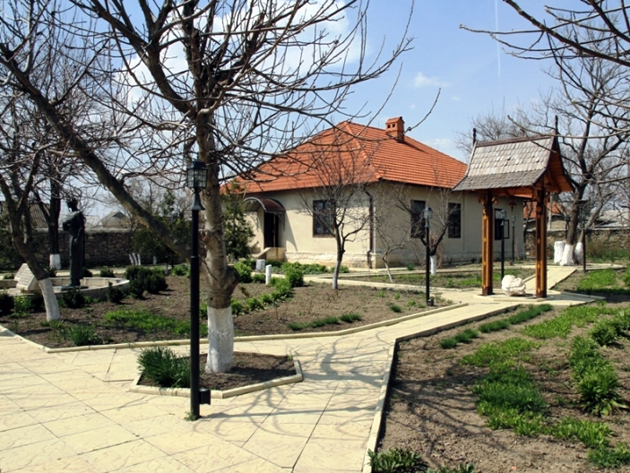
Alexei Mateevici Musem House
Located in the village of Zaim, Causeni, the Alexei Mateevici house-museum was founded in 1988, on the poet’s centenary. The current museum building was built by the poet’s father, the priest Mihail Mateevici. The museum has six rooms that reveal the poet’s contemporary atmosphere through paintings, sculptures, household objects and documents, a library of rare books and antique furniture. In one of…
Event details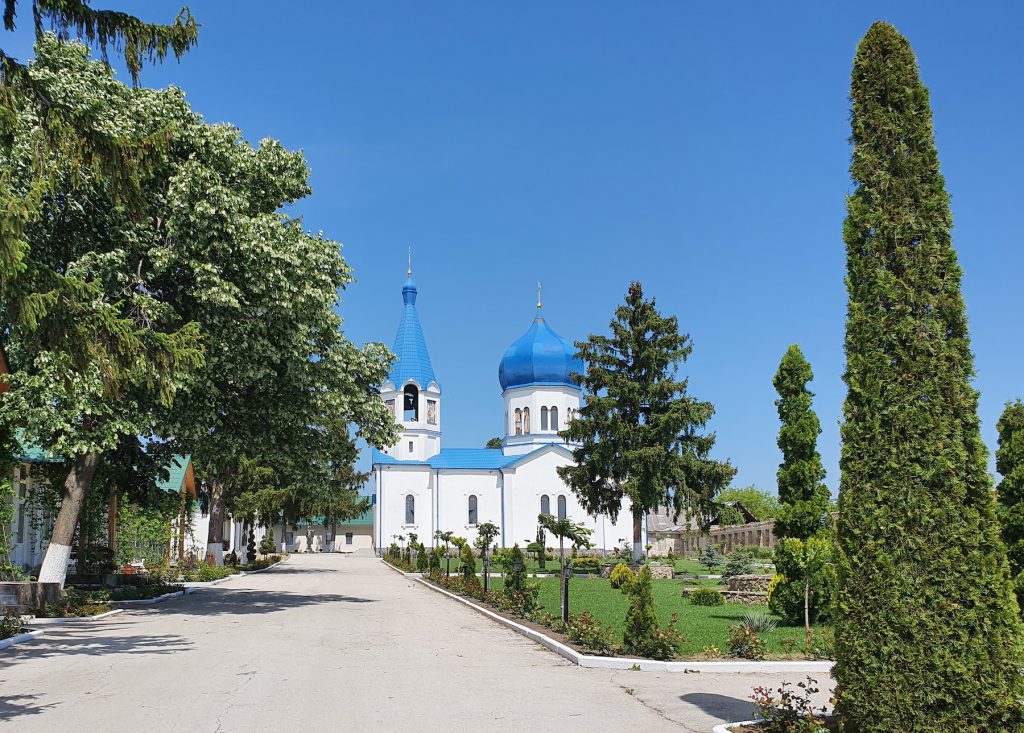
Frumoasa Monastery
The gleaming white and dark blues of the Frumoasa Monastery’s exterior remind some visitors of churches in Greece. The name Frumoasa comes from a spectacular meadow in the middle of the oak forest where the monastery is located. “Frumusica,” the word from which “Frumoasa” is derived, means beautiful. The Soviets converted the monastery from a religious sanctuary to a multi-use social-services complex….
Event details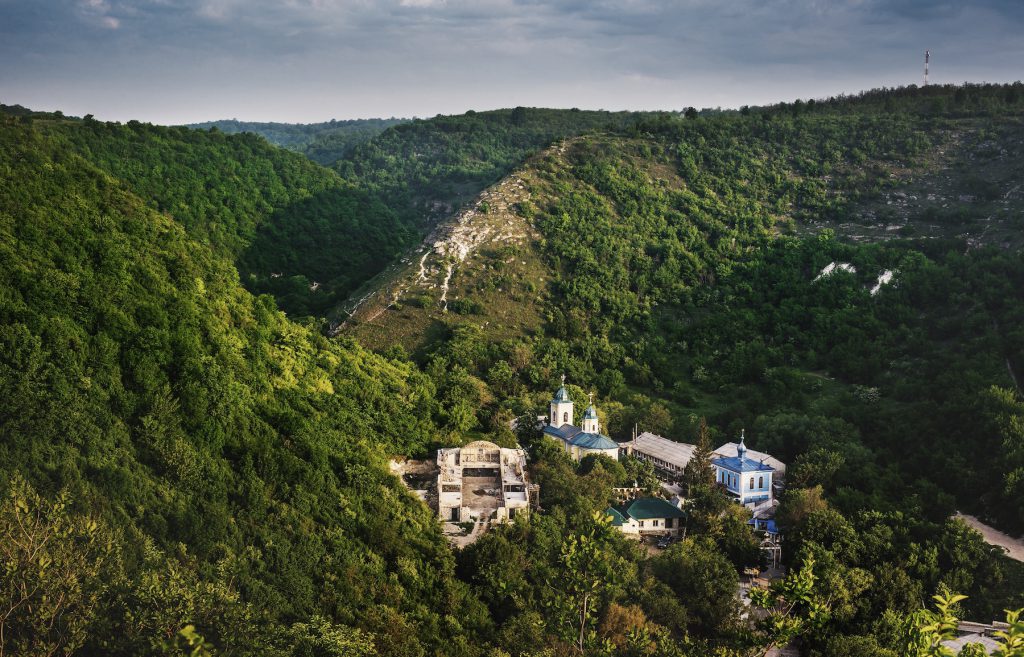
Saharna Monastery
The Saharna Monastery, which sits in a steep, wooded valley, is a magnet for religious pilgrims because of a legend about the Mother Mary. The story goes that centuries ago a monk saw a shining figure of Mary on the top of a cliff overlooking the monastery. When he reached the lookout point, she was gone, but he found a footprint of…
Event details